 No Flood or Earthquake Coverage: The Limitations of Homeowners Insurance
No Flood or Earthquake Coverage: The Limitations of Homeowners Insurance
✉️ Want to forward this article? Click here.
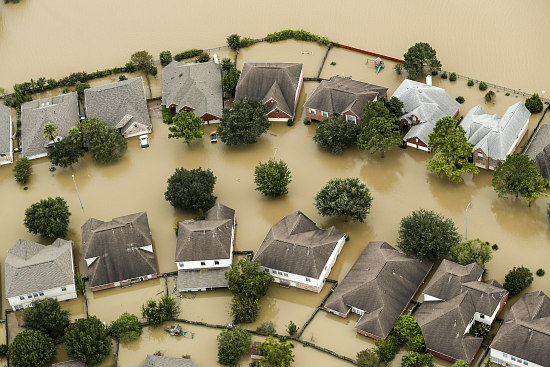
In light of the particularly devastating ongoing hurricane season, UrbanTurf decided to take a look at the type of damage that homeowners’ insurance typically doesn’t cover.
As The Wall Street Journal reports, while most standard homeowners’ insurance policies cover damages that could potentially occur during a hurricane, like flying debris breaking a window or a fallen tree smashing a roof, those policies usually don’t cover flooding.
Consequently, many homeowners who live in the path of a hurricane may be unaware that a separate flood policy is required to cover losses wrought by rising water. Additionally, some policies on homes in coastal areas may not cover wind damage or damage by a combination of flood and high winds.
Following are some examples of the type of damages that insurance policies typically cover:
- Fire
- Winds alone
- Explosions
- Hail
- Volcanic eruption
- The weight of ice, snow or sleet
story continues below
loading...story continues above
Types of damage typically not covered by homeowners’ insurance policies include the following:
- Flood
- Earthquake
- Mud- or landslides
- Nuclear hazard
- War
Homeowners’ insurance policy standards have changed in response to disaster over time. For example, after a massive flood of the Mississippi River in 1927, many private insurers dropped flood coverage. Comprehensive insurance came into vogue in the early 1950s, then policies were scaled back again in 1992 following Hurricane Andrew and its nearly $25 billion worth of damages.
Insurers started charging consumers a “hurricane deductible” post-Hurricane Katrina in 2005, which, when triggered, leaves homeowners responsible to pay 1-10 percent of the insured value of the home or its contents as a deductible before the company contributes.
Policies vary widely from state to state, including the extent to which an insurer will cover repairs. High demand for repairs after a disaster can also lead to a spike in the cost of labor and materials. Currently, the US government is the largest flood insurer, having created the National Flood Insurance Program as a stopgap in 1968 to cover up to $250,000 for home repairs and up to $100,000 for personal possessions.
Although the law requires those who use a federally-backed mortgage to buy a home in a high-risk flood zone to also purchase flood insurance, homes outside of those zones may still be susceptible to flooding. Additionally, there is a 30-day waiting period before policies take effect, leaving those who purchased them in preparation for a hurricane still vulnerable.
See other articles related to: flooding, floodplain, homeowner, insurance
This article originally published at http://dc.urbanturf.production.logicbrush.com/articles/blog/no_flood_or_earthquake_coverage_the_limitations_of_homeowners_insurance/12985.
Most Popular... This Week • Last 30 Days • Ever

The property in Upperville known as Ayrshire Farm sold on Friday.... read »
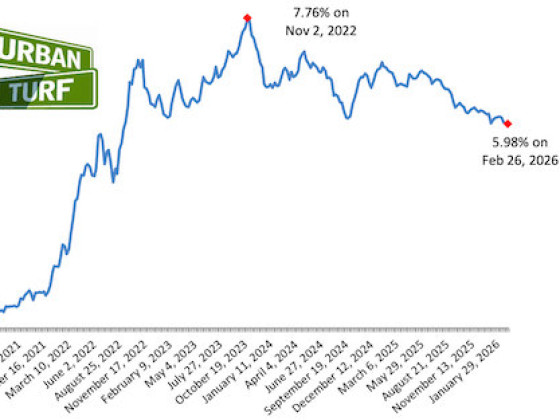
While it may seem like paying off a long-term mortgage early is a difficult task, it ... read »
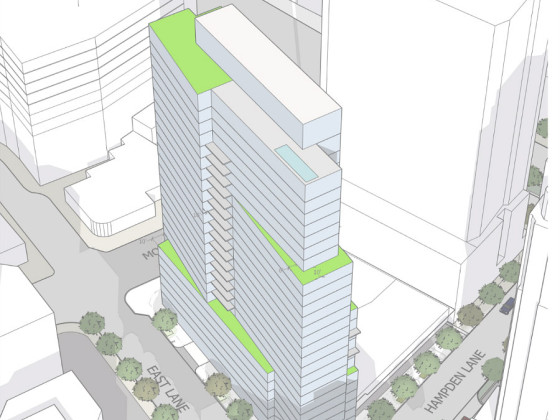
The plans for a building that (forgive us) is just trying to fit in in downtown Bethe... read »
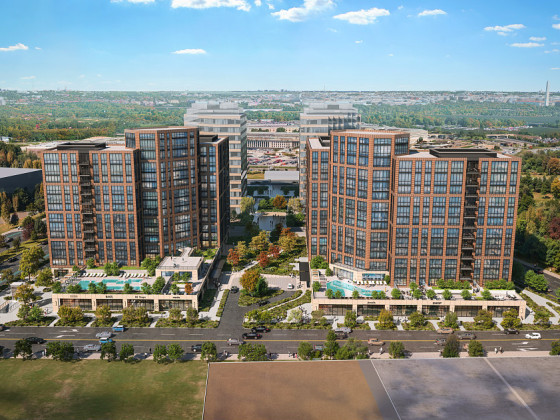
A new proposal is on the boards for the former home of the Transportation Security Ad... read »
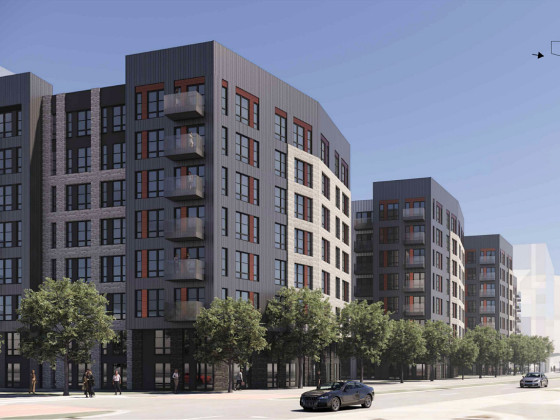
The developer is under contract to purchase Land Bay C-West, one of the last unbuilt ... read »
- Sandy Lerner's 570-Acre Virginia Farm Sells For $19.8 Million
- A Look at The Ways You Can Pay Off Your Mortgage Early
- Narrow 260-Unit Apartment Building Pitched For Bethesda Moves Forward
- 637 Apartments, 31,000 Square Feet Of Retail: The New Plans for Pentagon City TSA Site
- The Last Piece of Potomac Yard: Mill Creek Residential Pitches 398-Unit Apartment Building
DC Real Estate Guides
Short guides to navigating the DC-area real estate market
We've collected all our helpful guides for buying, selling and renting in and around Washington, DC in one place. Start browsing below!
First-Timer Primers
Intro guides for first-time home buyers
Unique Spaces
Awesome and unusual real estate from across the DC Metro














